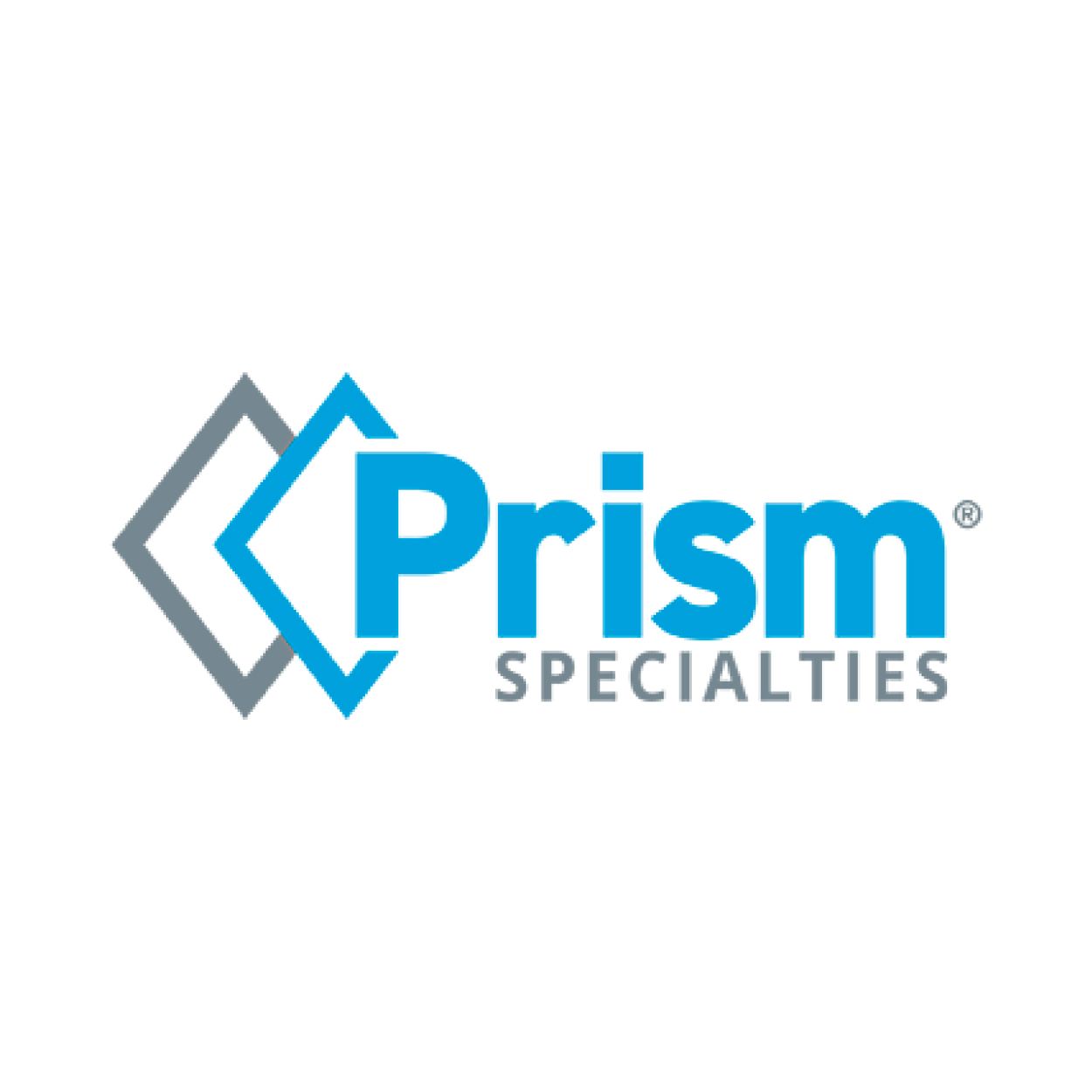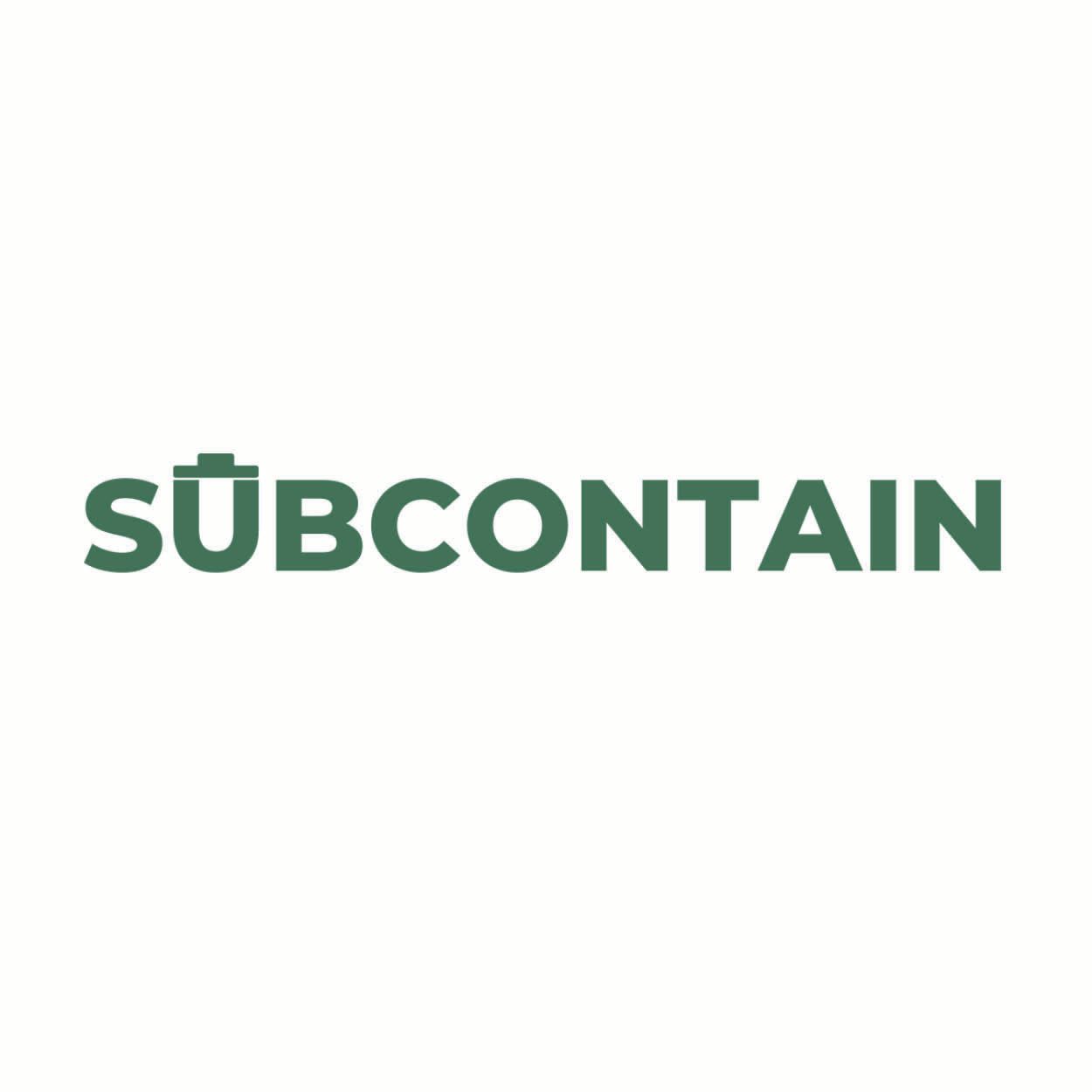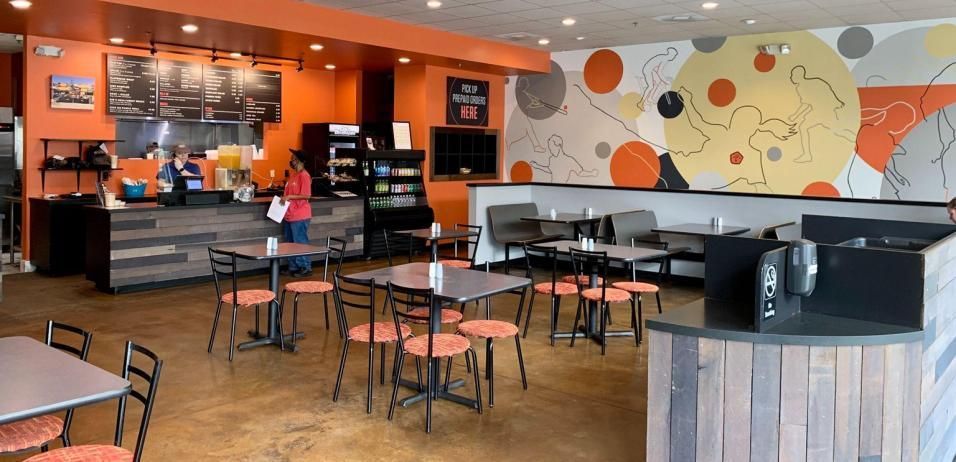Water Damage At Your Restaurant – Because Time is Critical
We have all seen the havoc that can take place when a catastrophic event hits a business. Business interruptions caused by water, mold, or even storm damage can be devastating. It can result in structural damage, mold, expensive repairs, and loss of revenue. Commercial businesses like restaurants suffer drastic revenue reduction when their facilities are compromised, leaving the business owner with some tough decisions. They must work with their insurance adjuster within their policy limits trying to decide if it makes more sense to repair or replace certain equipment damaged in the disaster. To make matters worse, procurement and installation of new equipment can take weeks or even months and a business can suffer greatly from this delay. Every hour that your business is interrupted due to a disaster, affects more than your bottom line.
As a business owner, you are responsible for getting the business back up and running, not only to start bringing revenue in, but to also keep your employees on staff. In the event that the business suffers severe damage and there is no work for its employees, they will likely find employment elsewhere, and this will present a whole new set of challenges for the business owner.
While you can’t stop all disasters, there are several things you can do to mitigate potential risks. The first is to train employees and develop safety protocols and good housekeeping habits.
TIPS: Indoor/Outdoor Water Damage Prevention Measures
Check appliances regularly
Disconnect outdoor water hoses from your business and insulate exposed pipes in the winter. Standing water can freeze and swell, which can cause breaks in your pipes.
Locate your water main
The water main allows you to shut off the water to your entire business. It is important that employees know where it is located and how to correctly shut it off in the event of a broken pipe. If the water main is shut off quickly during an emergency, it could be saving your business thousands of dollars in repair costs.
Use water detection devices
Water detection devices signal an alarm when they discover moisture. These small devices strengthen water prevention efforts and are a lot more successful at detecting slow leaks and low moisture levels that might have gone unnoticed. Use them in areas near heaters, sump pumps, toilets, or other high-risk areas.
Check outdoor water hoses and insulate exterior spigots
Disconnect outdoor water hoses from your business and insulate exposed pipes in the winter. Standing water can freeze and swell, which can cause breaks in your pipes.
Maintain and clean gutters
Clean gutters at least twice per year to prevent puddling next to exterior walls. Making sure that water flows away from the building during downpours will prevent water from getting below the foundation.
Check the perimeter of exterior walls
Check that the ground around the outside of the business is somewhat angled to direct water away from the building blocking seepage into the foundation or basement.
Maintain window seals
Windows generally need to be replaced every 20 years or so. The best way to check window strength is during a big rainstorm or downpour. If you see water coming in through the window, it’s time to caulk around the windows.
Inspect and maintain your roof
Make certain that there are no slow leaks occurring in the attic of your business. Slow roof leaks can be hard to see but can cause severe damage with negative effects like mold and mildew.
Check sprinkler systems
Check regularly to ensure they aren’t leaking or spraying water directly at your business. This is important to pay attention to during winter to make certain that there are no frozen pipes beneath the surface of your property.
Business owners should also consider having a contingency plan in place. Most restoration companies like Prism Specialties offer routine maintenance and cleaning services. Prism Specialties is a full-service specialty content restoration franchise. Our focus is in the residential, commercial, and industrial markets. For restaurants, we specialize in providing restoration and recovery cleaning of commercial restaurant equipment, electronics, appliances, décor, window treatments, linens, etc. that have been compromised by natural disasters, power disruptions, and other unforeseen damages. We work with the business owner, insurance representatives, and contractors to restore your business and get it up and running quickly.
James Copeland is a Navy Veteran. As Director of Technical Services at Prism Specialties, James leads the commercial support service team; providing technical information, protocols, and procedures, as well as develop new restoration revenue opportunities for franchisees.
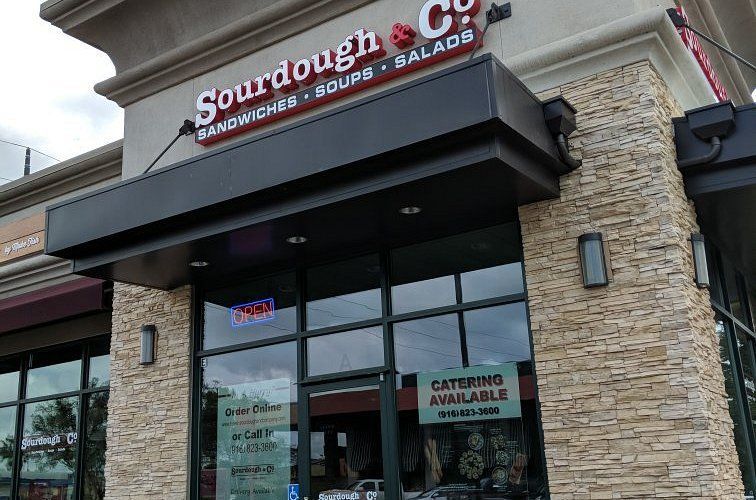
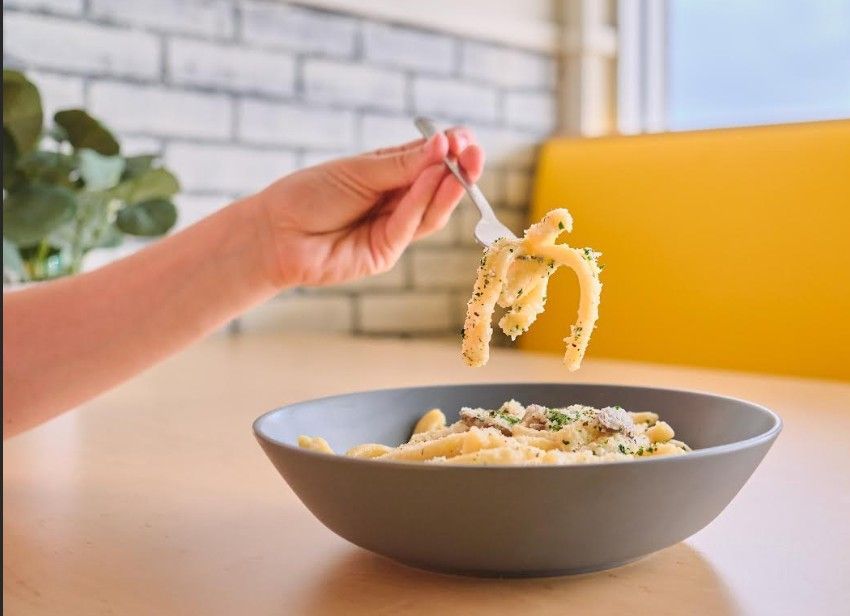


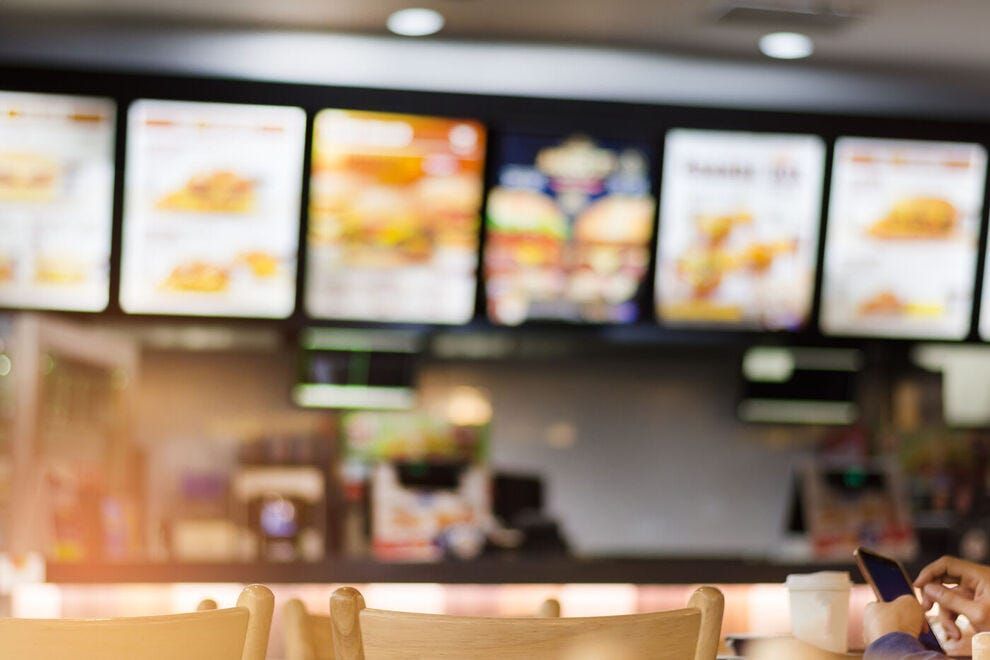


SIGN UP FOR THE FRANCHISE JOURNAL NEWSLETTER
FJ Subscribe
Thank you for subscribing to The Franchise Journal.
Please try again later.

